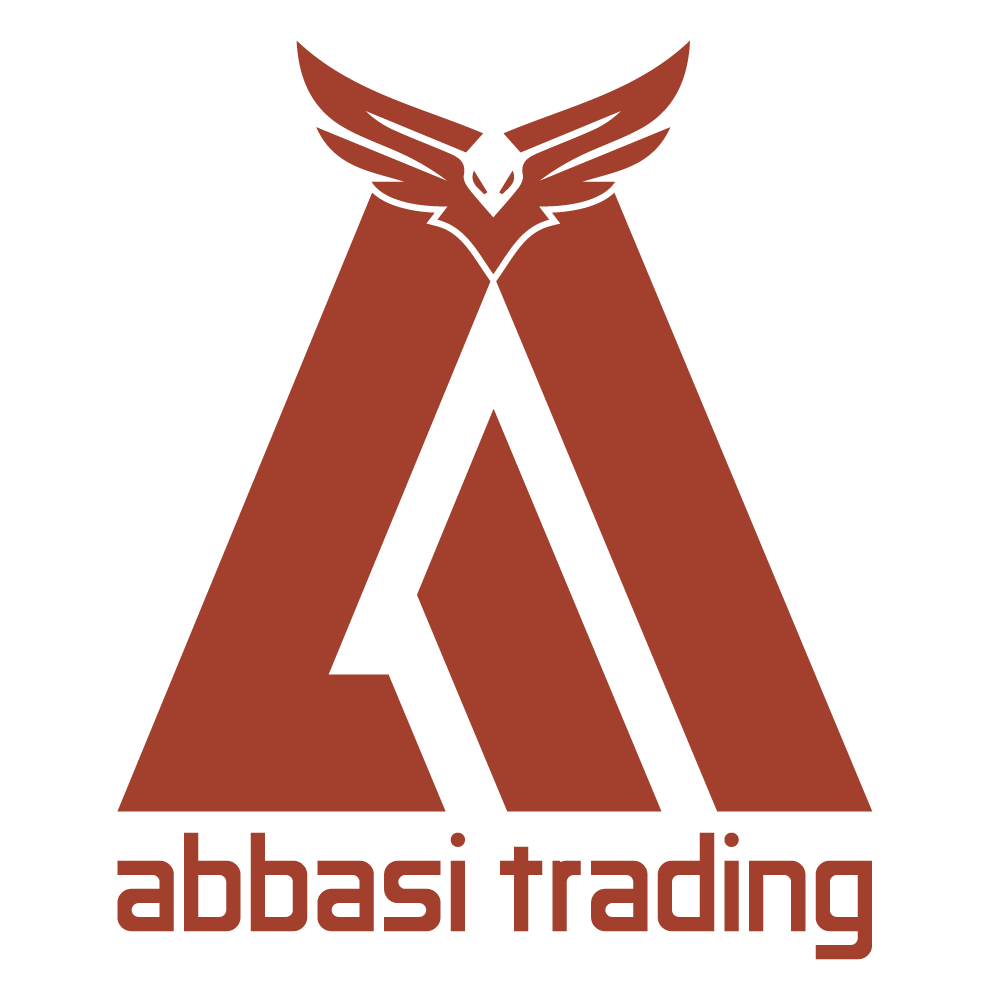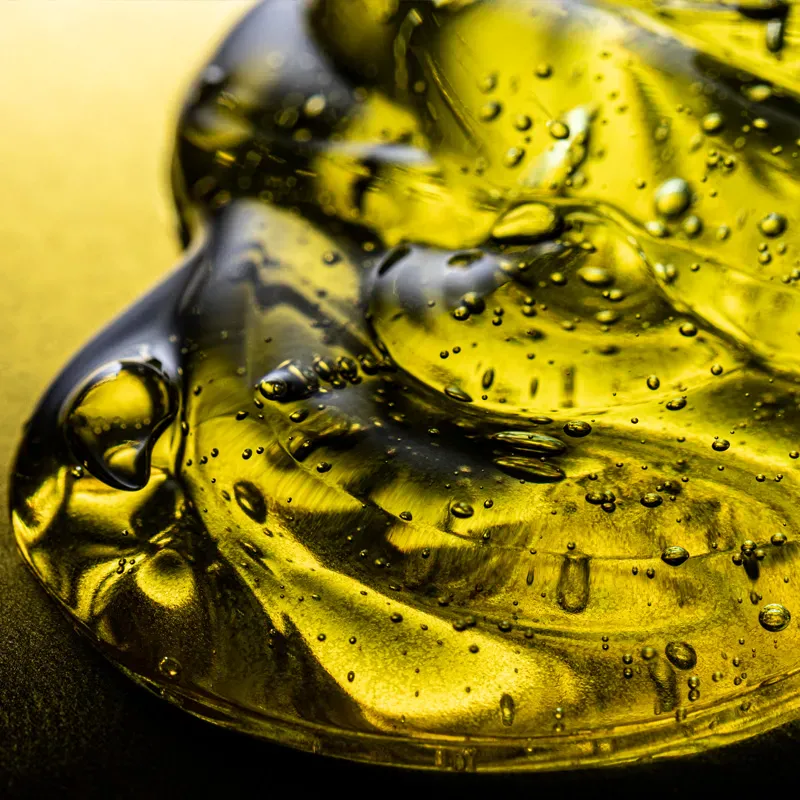Export of Base Oil
Base oil is a primary raw material used in the production of lubricants, which are essential for reducing friction in mechanical systems. It forms the foundation of most lubricating oils and is derived from refining crude oil or from synthetic chemical processes. Base oils are categorized into different groups based on their refining process, viscosity, and performance characteristics. The most common applications of base oil are in motor oils, industrial lubricants, hydraulic fluids, and gear oils, among others.
Base oils play a critical role in ensuring the smooth operation of engines and machinery, reducing wear and tear, and extending the lifespan of equipment. High-quality base oils offer better oxidation stability, thermal resistance, and overall performance, making them essential in industries such as automotive, manufacturing, and heavy machinery. Iran, with its abundant oil reserves and refining capacity, is a key producer of base oils, making it a reliable source for international markets.
Export of Base Oil from Iran
Iran is a significant player in the global base oil market, thanks to its vast oil reserves and advanced refining capacity. Base oil exports from Iran have grown steadily over the years, catering to various industries such as automotive, manufacturing, and heavy machinery. The country produces different grades of base oil that meet international standards, making it a reliable source for high-quality lubricants. Iranian base oil is known for its competitive pricing and consistent quality, which has helped it secure a foothold in international markets, particularly in neighboring countries and Asia.
Exporting base oil from Iran is supported by a well-established infrastructure, including modern refineries and efficient logistics networks. Iranian base oils are used in the production of motor oils, industrial lubricants, and hydraulic fluids, making them essential in many sectors globally. Companies involved in the export of base oil from Iran ensure that all regulations and quality certifications are met, making the country a trusted partner in the global supply chain.


Abbasi Trading
Abbasi Trading is a leading company in the export of base oils, backed by years of experience and expertise in the industry. Our team understands the intricacies of the market and is committed to providing tailored solutions that meet your specific needs. We prioritize quality and reliability, ensuring that our clients receive the best products on the market.
With Abbasi Trading, you can navigate the complexities of base oil exports with confidence. We are dedicated to supporting you at every step of the process, from sourcing high-quality oils to managing logistics and compliance. Trust us to be your partner in the journey of base oil export, as we leverage our extensive network and expertise to help your business thrive.
Base Oil Categories
Base oils are classified into five groups based on refining and chemical composition. Groups I, II, and III come from crude oil, with increasing purity and performance. Group IV includes synthetic oils like PAOs, known for high performance in extreme conditions. Group V covers specialty oils like esters. These classifications help industries select the right oil for various lubrication needs.

I Base Oils:
Group I base oils are the least refined and are produced through solvent refining methods. They have a high sulfur content and lower oxidation stability compared to other groups. These oils are commonly used in applications where the quality of the oil is less critical, such as in certain industrial lubricants, greases, and basic engine oils. Their affordability makes them a popular choice for cost-sensitive applications.

II Base Oils:
Group II base oils are more refined than Group I and are produced through hydrocracking processes. They have lower sulfur content and better oxidation stability, making them more durable and suitable for a wider range of applications. These oils are commonly used in motor oils and industrial lubricants, as they offer improved performance and efficiency. Group II oils are gradually replacing Group I oils in many markets due to stricter environmental regulations.

III Base Oils:
Group III base oils are highly refined and are often referred to as "synthetic" despite being derived from crude oil. They are produced using severe hydrocracking and hydroisomerization processes, resulting in oils with very low sulfur content and excellent oxidation stability. Group III oils are commonly used in high-performance motor oils, synthetic lubricants, and hydraulic fluids, offering superior efficiency, extended oil life, and better protection in extreme temperatures.

IV Base Oils:
Group IV base oils are polyalphaolefins (PAO), a type of synthetic oil created through chemical synthesis rather than refining crude oil. These oils offer exceptional performance in extreme temperatures, superior oxidation resistance, and excellent viscosity control. Group IV oils are primarily used in high-end synthetic motor oils, industrial lubricants, and other demanding applications where maximum performance is required.

V Base Oils:
Group V base oils include all other oils that do not fall under Groups I to IV. These can include esters, silicone oils, and other synthetic fluids. Group V oils are often used as additives or performance enhancers in combination with other base oils to provide specific benefits such as improved lubricity, solubility, or temperature stability. They are used in specialized applications like aviation lubricants and high-performance industrial oils.
Stages of Base Oil export
The export process for base oil involves several key steps. It starts with conducting market research to identify potential buyers and understand the regulatory requirements in target countries. Next, exporters source high-quality base oil from reputable suppliers, ensuring it meets international quality standards. Effective logistics planning is essential for coordinating transportation and ensuring timely delivery to clients. Accurate documentation, including shipping invoices and quality certificates, is critical for smooth customs clearance. Finally, maintaining communication with customers after delivery is important for obtaining feedback and nurturing long-term business relationships.
Market Research and Identification
Before initiating the export process, it's crucial to conduct thorough market research. This involves identifying potential markets for base oils, understanding local demand, and analyzing competitors. By gathering data on market trends and consumer preferences, you can strategically position your products for success.

Sourcing Quality Base Oils
Once you have identified your target market, the next step is sourcing high-quality base oils. Establishing strong relationships with reliable suppliers is essential to ensure that the oils meet international quality standards. Evaluating the quality, specifications, and pricing of the oils will help you select the best options for your customers.

Compliance with Regulations
Exporting base oils involves adhering to various regulations and standards set by both the exporting and importing countries. Familiarize yourself with the necessary documentation, such as export licenses, certificates of origin, and safety data sheets. Ensuring compliance with these regulations will facilitate a smooth export process and help avoid legal complications.

Logistics and Transportation
Planning the logistics of transporting base oils is a critical step in the export process. This includes selecting the appropriate shipping method, whether by sea, air, or land, and coordinating with logistics providers. Proper packaging and labeling of the oils are also essential to prevent damage during transit and ensure compliance with safety standards.

Post-Export Support and Customer Service
After the base oils have been exported, maintaining good customer relations is vital for future business. Providing excellent after-sales support, addressing customer inquiries, and resolving any issues promptly will enhance customer satisfaction. Building a reputation for reliability and responsiveness can lead to repeat business and referrals in the long run.

Types of Base Oils
Base oils are categorized into different types, each with unique characteristics. Mineral oils are the most common, derived from refining crude oil. Synthetic oils are chemically engineered for superior performance. Natural oils come from plant or animal sources, while bio-based oils are made from renewable resources, offering environmental benefits. Esters, a type of synthetic oil, provide excellent lubrication for high-performance applications.

Synthetic Oils
Synthetic oils are artificially created through chemical processes. They offer superior performance compared to mineral oils, including better temperature stability, oxidation resistance, and lower volatility. Synthetic oils are commonly used in high-performance engines and extreme conditions.
Iranian Base Oils
High Quality, Low Cost
Iranian base oils are known for their high quality and competitive pricing, making them a strong choice for international markets. The combination of advanced refining techniques and abundant natural resources allows Iranian base oils to meet global standards. These oils offer excellent performance in various industrial applications, such as lubricants and hydraulic fluids.
In addition to their quality, Iranian base oils are economically attractive. Due to lower production costs and access to vast crude oil reserves, Iranian producers can offer base oils at more affordable rates compared to other regions. This makes them a cost-effective solution for businesses looking to balance quality and price in their operations.

Abbasi Trading
Guiding You Through the Path of Success
Abbasi Trading, with years of experience in stone export, is ready to handle all stages of this process for you without any issues. From selecting the right stone to the final delivery, we will be by your side. Our team, with its knowledge and expertise, will assist you in confidently and peacefully bringing your quality products to international markets. By partnering with Abbasi Trading, you can rely on our quality and speed of service and enjoy success in stone exports.









